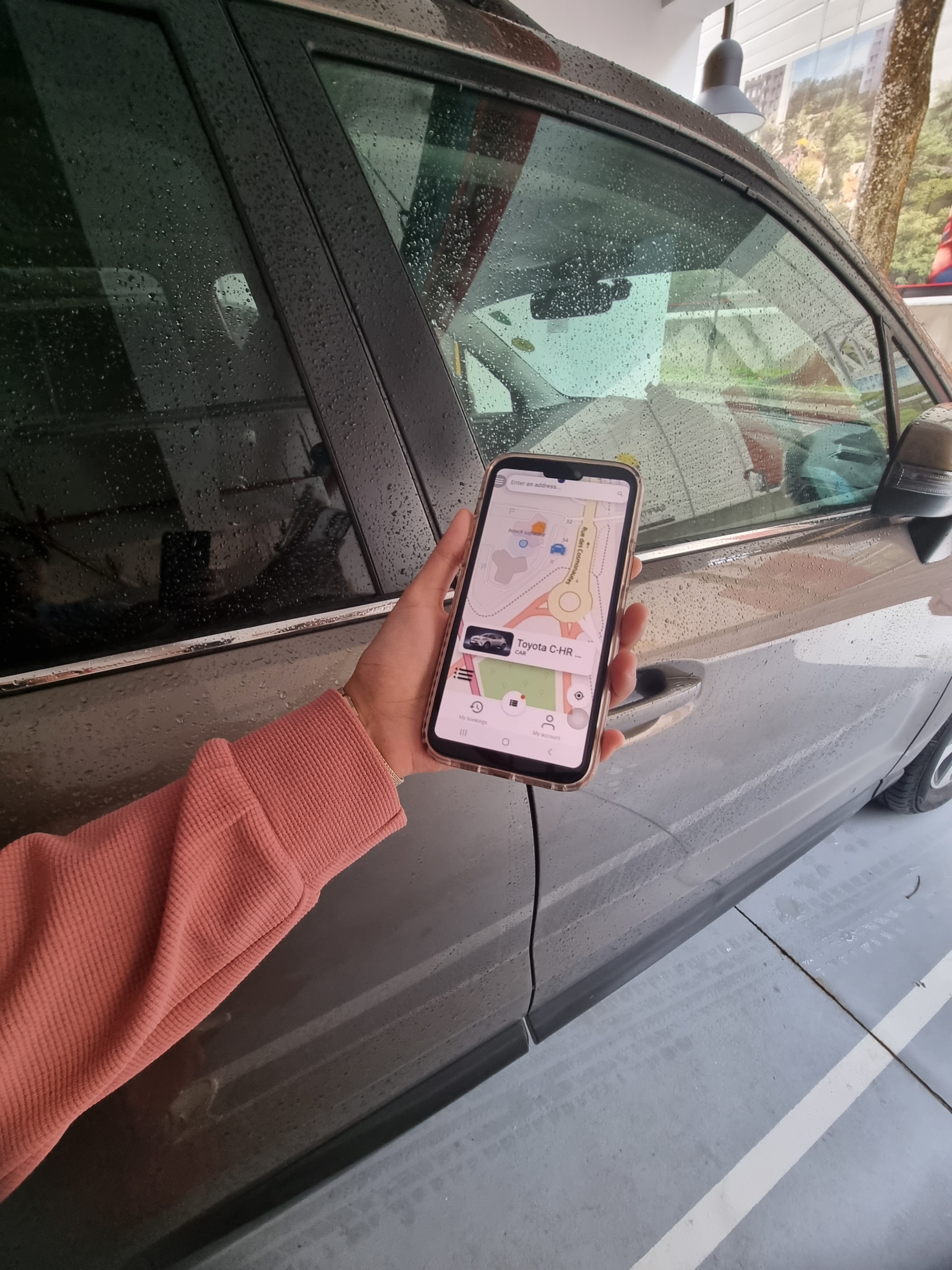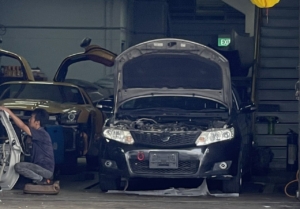
Car Sharing: Convenience or Hazard?
This article is contributed by Melvin Yong, CASE President. Any extracts must be attributed to the author.
Singapore has one of the highest car ownership costs in the world, and it comes as no surprise that car sharing services are in high demand.
But did you know that you could be liable for hefty accident claims and repair costs when using car sharing services? In March 2023, it was reported that a consumer was slapped with a $7,300
accident claim after he was issued an allegedly faulty shared car. Another consumer encountered a burning smell and faulty brakes when he was driving shared cars.
Such nightmare scenarios, coupled with the expected growth in car sharing services here in Singapore, are reasons why CASE is pushing for more to be done to better protect consumers.
More complaints as car sharing sees higher usage
Since 2020, CASE has seen a steady increase in the number of complaints made against car sharing service providers, with a surge in complaints happening in the past two years. Complaints have
increased by more than three-fold from 48 complaints in 2020 to 196 complaints in 2022. In the first half of 2023, there were 106 complaints.
Here are some examples of the most common complaints received by CASE, which include: (i) pre-existing defects and issues with the shared car; (ii) disputes on damages and repair costs; and (iii)
frustration with the dispute resolution process.
Pre-existing defects or issues with the car
One consumer was left stranded after discovering a punctured tyre a short distance from his starting point, while another ended up late for her appointment due to a faulty engine. There were also
instances where consumers complained about the state of cleanliness of the shared car, such as spilled drinks or sticky car seats.
Complaints on pre-existing defects are a concern because there are implications on safety and roadworthiness of the car. In one complaint, the consumer reported that he was involved in a
collision with a lorry along a slippery road on a rainy day due to the car’s faulty brakes. The consumer was injured in the accident and ended up in hospital.
Disputes on damages and repair costs
Approximately 33% of complaints received by CASE pertain to disputes on damages, repair costs and other charges.
The majority of such complaints relate to excess charges imposed by the car sharing service providers, with consumers often complaining that the defects that they were billed for had existed
at the point when they collected the shared car.
Consumers also felt that the charges were excessive and complained that the car sharing service providers imposed the charges without providing justification or breakdown of the costs.
Frustration with dispute resolution processes
Disputed costs are often deducted automatically from the consumers’ credit card or debit card, and another common complaint pertain to the lack of, or sometimes vague, dispute resolution processes. This often leaves consumers anxious and uncertain about the status of their disputes.
In one complaint, the consumer reported an incident to the car sharing service provider and had to wait more than two months to be updated on the repair costs. During the wait, the company did not
contact the consumer to update him on the investigation status. This is despite the consumer making several attempts to contact the company to get updates on the damages and repair costs.
Protecting consumers’ interests
I recently visited BlueSG, which owns one of Singapore’s largest fleet of shared cars, to learn more about the industry and how we can better protect consumers of car sharing services.

Visit to BlueSG
I have three recommendations on how the Government and the industry can reduce the number of consumer complaints and provide a smoother car sharing experience.
1. Mandate a maintenance regime for shared cars
Defects can impact a car’s roadworthiness and safety. Unlike a car owner, a car sharing user does not know the maintenance record of the car being used, and may not know if the car is operating in
good condition. There should therefore be a mandatory maintenance regime for shared cars, based on a period of time (for example, every 3 months) or distance travelled (for example, every
10,000km clocked on the odometer).
A specified maintenance regime would mean more frequent and detailed checks are done on the shared cars, reducing the odds of pre-existing car defects for consumers.
Consumers have a part to play too. Before using the shared car, consumers should also check the condition of the car thoroughly in accordance with the checklists and report any issues immediately.
Where there are issues, do not drive.

Rental car undergoing regulatory and maintenance regime to ensure it is road-worthy for consumers
2. Terms and conditions must be transparent
As many disputes stem from car sharing companies enforcing their contractual rights under the Terms and Conditions, which are often vague or hidden within a large wall of text, I call on all companies to be more transparent and upfront about key clauses.
One example is the auto-deduction clause, which allows car sharing service providers to deduct the repair, booking, cancelling or other charges from the consumer’s credit or debit card without confirming with the consumer. Consumers should be given the chance to bring in their own assessors, and a dispute can only be fair if their points and evidence are heard out before any charges are imposed.
3. Establish clear dispute resolution process
While disputes may be inevitable, it is useful for car sharing service providers to establish a clear dispute resolution process, including publishing timelines where the company commits to resolving issues. This will facilitate the resolution process and reduce frustration for both the consumer and the car sharing service provider.
Where disputes could not be addressed within specific timelines, car sharing service providers should give consumers an estimated timeline and an interim status of the dispute. This will give consumers greater assurance that their case is being looked into by the company.
What consumers can do
Consumers who wish to use car sharing services are advised to take note of the following:
- Understand and agree with the terms and conditions of the hirer’s agreement before using the car sharing service. Do not overlook the details and ensure you are aware of your obligations, terms of use, and liabilities. Only sign the agreement when you fully understand the terms and conditions.
- Use the checklist provided by the car sharing company as a guide, and inspect the vehicle thoroughly before use. Report any damages or defects found immediately. This prevents you from having to pay for damages and defects not caused by you.
As the car sharing industry continues to grow, I hope that the Government and industry players will consider my recommendations. Let us achieve a win-win outcome of providing consumers with more commuting choices, and a vibrant car sharing sector.


